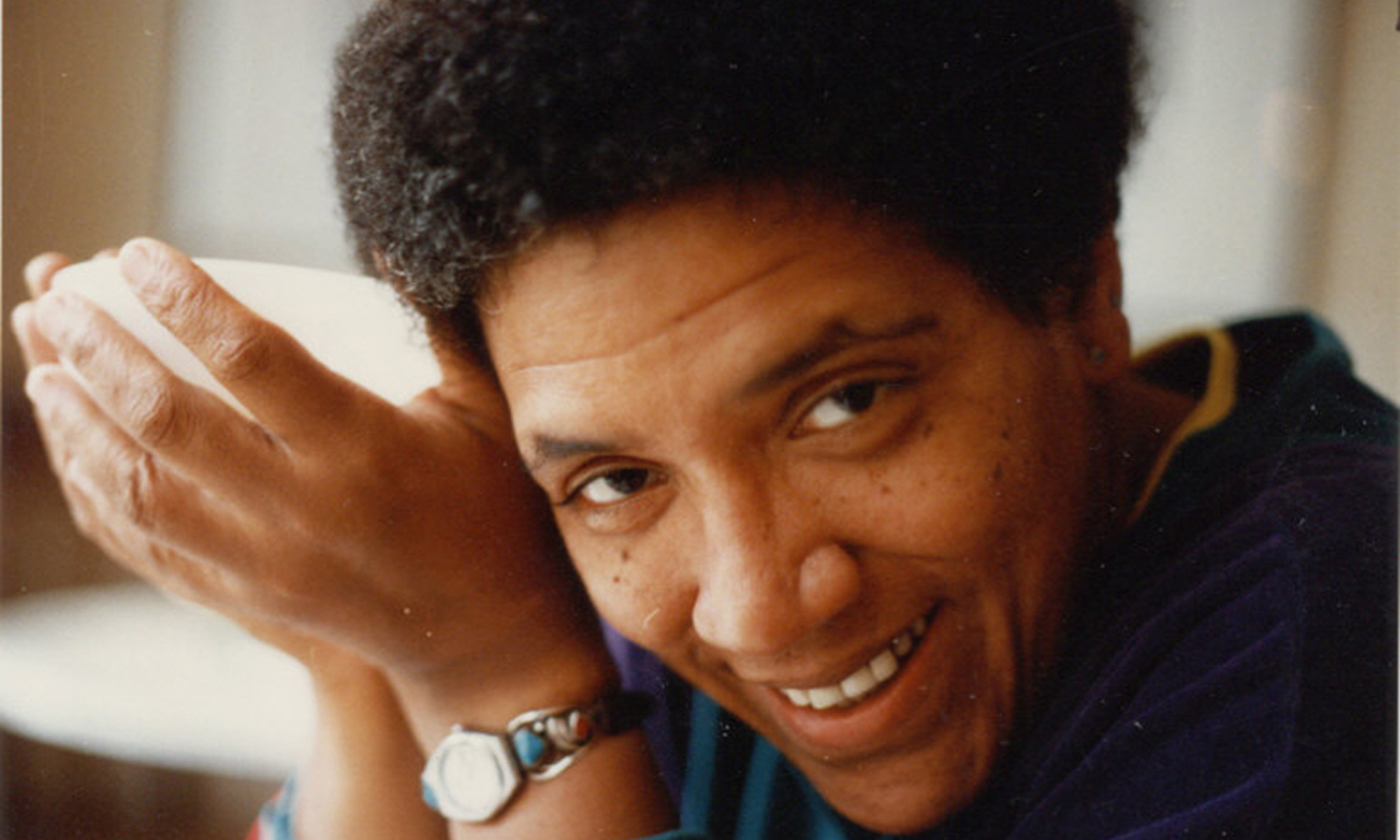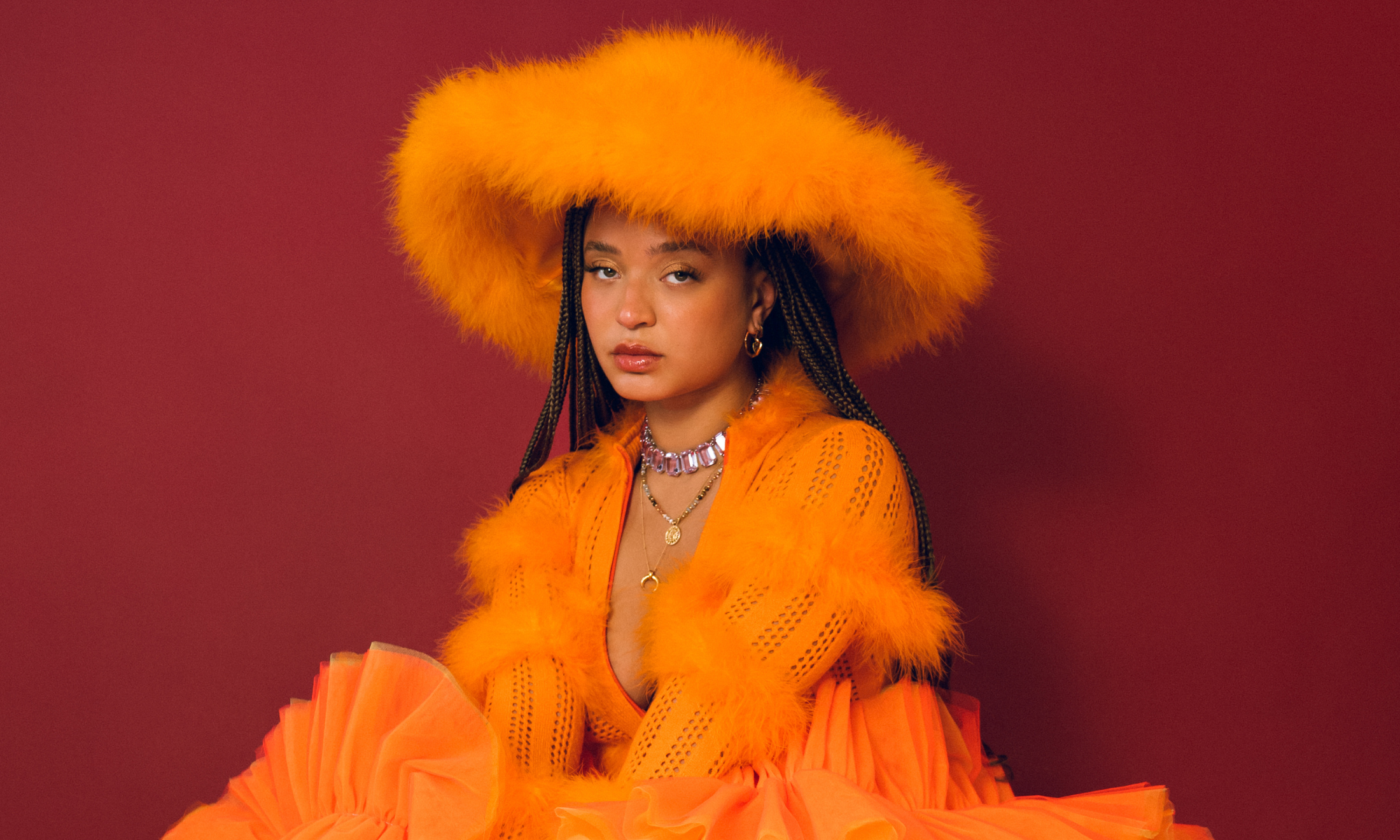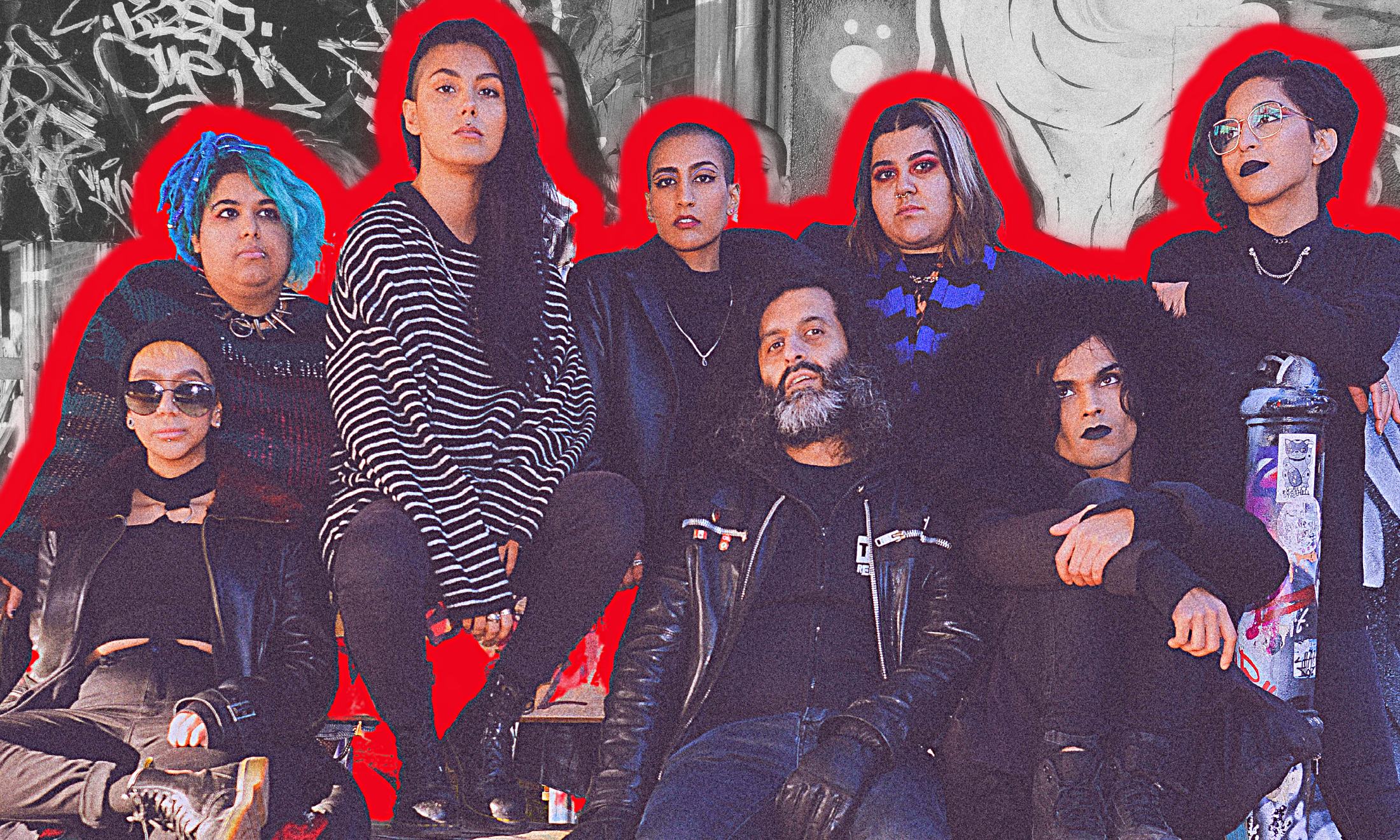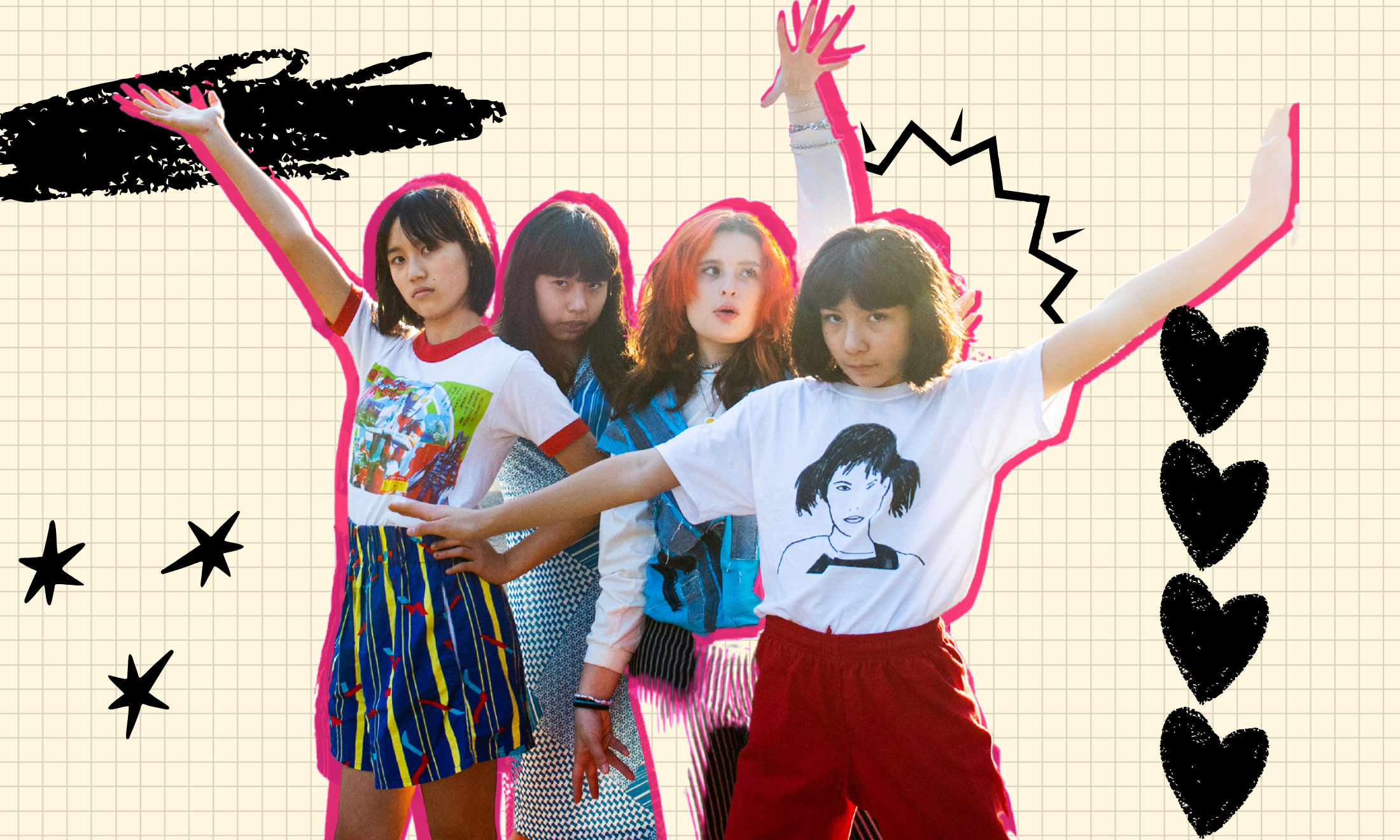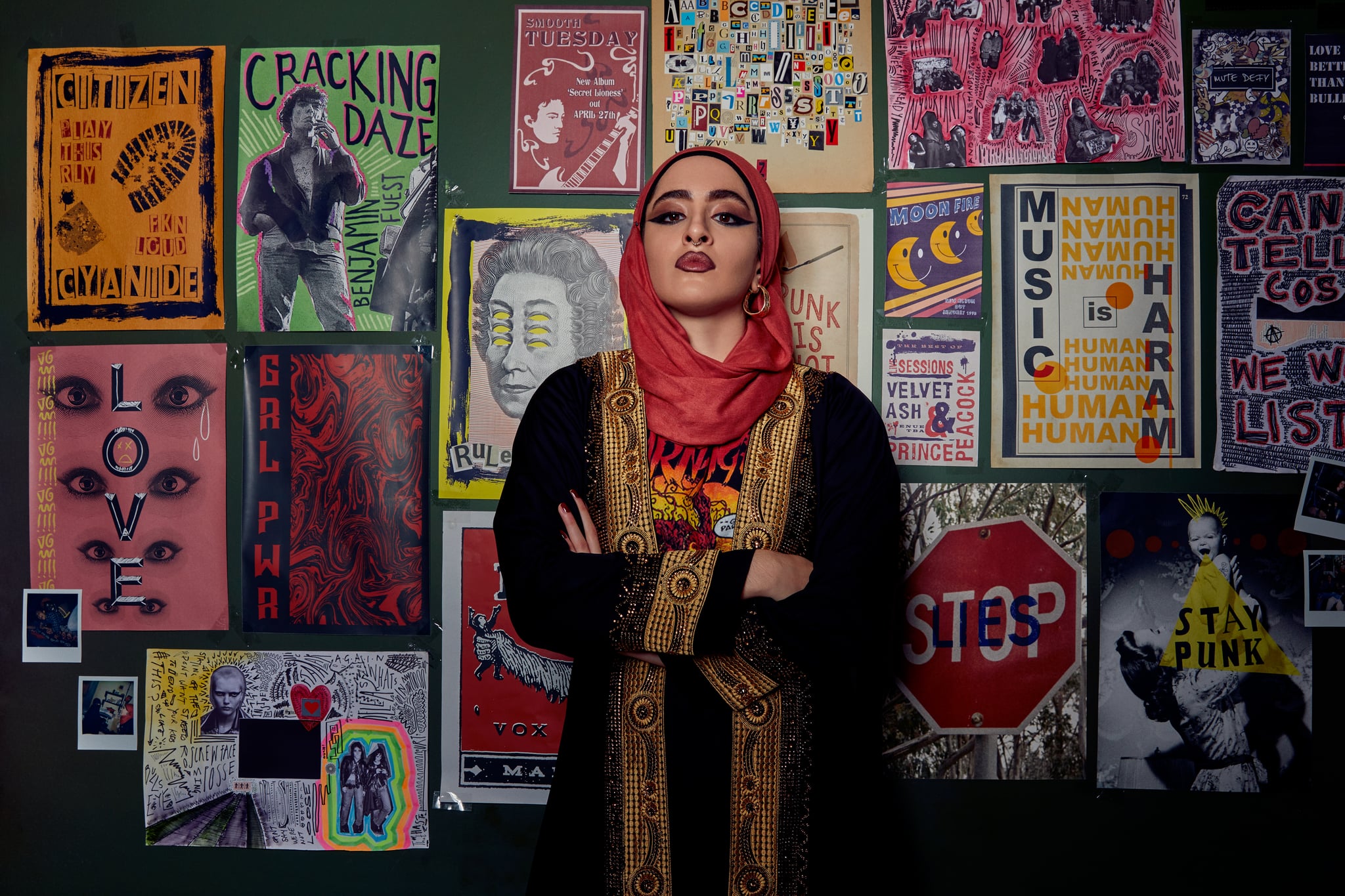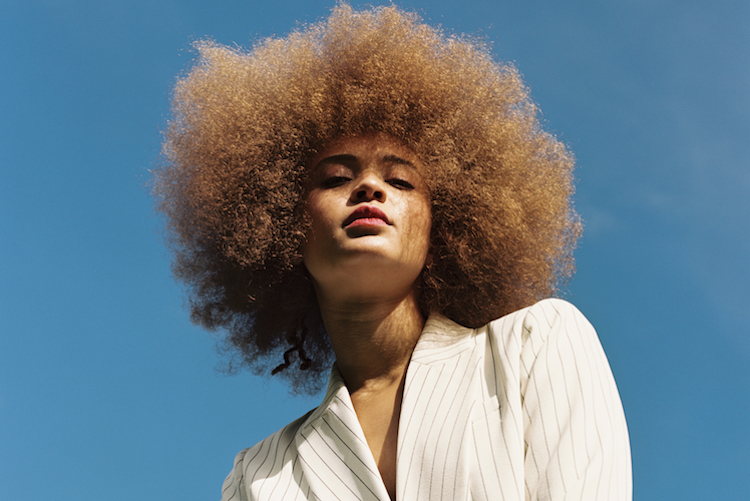
Connie Constance is hardly a name you’d forget, and one that we’ll definitely be hearing more of in 2017. She’s been on the lips of many recently – i-D and Clarks Originals being just a couple of the powerhouses showing interest in the 21-year-old singer and songwriter. She’s proved herself to be more than just another poppy one-hit-wonder, and defiantly silenced her critics after dropping out from the prestigious Urdang Academy. It’s precisely her multi-talented nature of dancing that secured her Clarks Orignals collaboration, and is showcased in the video for her Blue Daisy produced song, ‘Stars’.
The Nigerian-British vocalist keeps it real, her hard working attitude searing through her gritty vocals. Describing herself as a “stubborn go-getter dreamer”, this curious medley has got her this far in such a short time. Born Constance Power and raised in Watford, she learnt to be a business woman as well as a creative professional when moving to east London at just 16 years old. She’s quick to defend herself from being put into the slash-generation box of the dancer/singer/model, rather preferring to remain “undefined”.
With her song ‘Clouds’ released at tail end of 2016, and a sell-out show at Pitchfork Paris under her belt, we expected only the best of her bluesy vocals. She’s been compared to London’s King Krule with punk undertones and her recent debut headline show at St Pancras Church proved just that. She captivated the audience with her stage presence and her soft whispering vocals created an angelic sight in the stained glass church. Yet it was Connie’s punk influence that really came alive during her 30-minute set, her vocals reached the high notes of Cyndi Lauper but also gave undertones of The Kooks circa 2006 vibe with her clashing raspy growls.
The past few months have been a whirlwind for Connie; now signed to Universal sub-label AMF Records, her future is certainly lit with stars. Whilst speaking to gal-dem, she gave an insight into her move from dance and how she feels the world handles her Afro.
gal-dem: So firstly, we know your show at Pitchfork Paris was a sell out – how was it?
Connie Constance: I really enjoyed this show. Paris is beautiful, and so are all my friends and family that came down to support me.
What made you want to move from dance back to music and poetry?
Following my instinct. I think that in any situation you always know what the right thing is to do; if you really listen to yourself, your mind and your heart. If I hadn’t have left I would have missed the bridge that fate laid out for me and continued on thinking “what if” and also when you really love something, then nothing can get in the way of that. All I wanted to do was write lyrics, songs and poems and listen to jazz, which made everything else a distraction including normal human tasks like sleeping and eating.
Your music has been labelled as a mix of blues and pop, what would you personally call it?
I couldn’t label it. It’s a mixture of my influences I guess. Soul, Britpop, jazz, blues, indie rock, punk, hip-hop.
How did you find your Clarks Originals campaign?
I have been so lucky this early on in my career for a company as established and brilliant as Clarks to respect and believe in my work. Working with them on this project has really opened my eyes to how I versatile I can be throughout my career.
So how would you define yourself most creatively, a dancer, singer or model?
I’m not really into defining myself or others or putting names or groups on people’s lives. I think by doing this we limit ourselves and find it harder to step out of our circles. I’m a creative [person] but I’m very much a business woman.
Do you think your mixed race heritage has impacted your work?
It hasn’t. I’m a human, I talk about love, experiences, what I want and what I don’t want. I don’t think race or the colour of my skin impacts my work any more than it does any other artists. Would you ask a Caucasian person, how being white has affected their music?
You’ve referenced Angela Davis’, “our society doesn’t want my Afro curls” and your hair is one of many parts of your memorable image. How, if at all, do you think hair shapes women of colour today?
My hair doesn’t define me – it’s just hair.
One of the problems young, black and mixed race people have growing up is the attention towards their Afros. Afro hair is beautiful and wonderful, but until it becomes normalised, people will continue to applaud it as though it is dress up or something out of the ordinary other than just natural hair. I think that hair can’t possibly shape any women. We are such complex beings. I would like to inspire more women to wear their natural hair, but judging someone on their hair will only leave you an outsider to good conversation.
What do you think of the future in Britain for young WoC in the aftermath of Brexit and Trump’s nationalism?
People are curious. That’s always good news.
So finally, what advice would you give to the gal-dem in triumphing the male patriarchy in the music industry?
Maybe you guys could start a female only record label.

